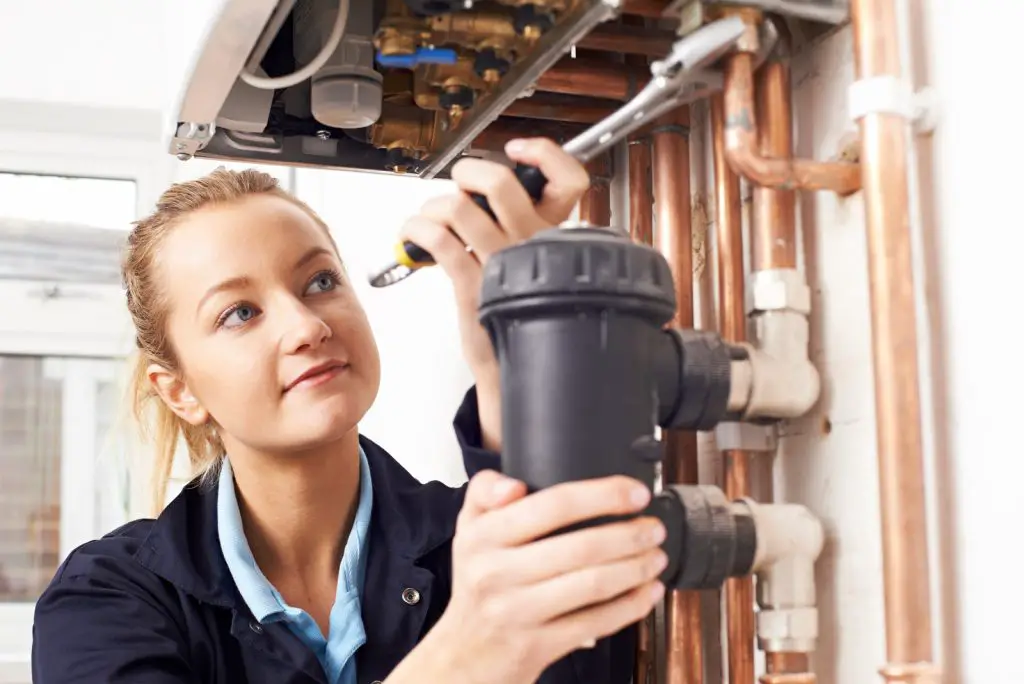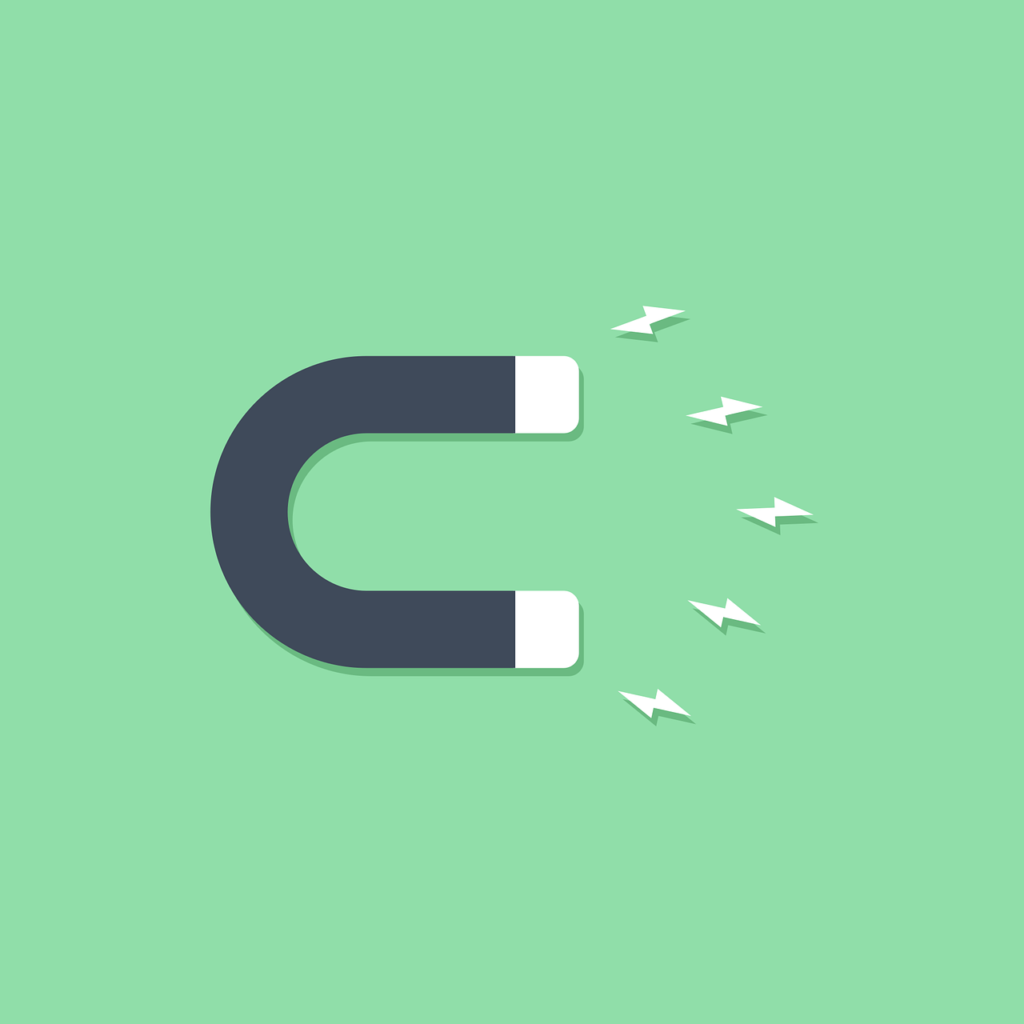Magnetic boiler filters have become widespread in the boiler and central heating industry recently. It is considered essential to prevent sludge and debris from entering into the boiler so the answer is Yes! a boiler filter is needed. If you have a central heating system, you will want to know what they are, what they do, and how much they cost?
What is a boiler filter?
A boiler system filter is also known as a magnetic filter or a central heating filter. It is fitted to the boiler’s return pipework to catch debris and magnetite from the water in the central heating system. A filter is needed to keep your boiler clean. Magnetite is the dissolved metal held in the water of a heating system.
Magnetite occurs from electrolysis and poor installation of a heating system. Metal deposits can be found in the installation system; from the radiators or from excess solder and are seen as a black sludge in radiator water, mostly found in the lower part of heating systems. A magnetic filter is fitted to catch the debris, leaving your boiler system water clean.

Benefits of a boiler magnetic filter
Installation of boiler system filters bring many benefits including:
- Longer lifespan of the boiler. Boilers have become more compact over the years which means waterways in modern boilers are smaller and therefore more vulnerable to damage from the debris and sludge. A magnetic filter prevents this from getting to the boiler so there is less chance of breakdown and failure of parts.
- Lower energy bills. With much of the debris and magnetite removed, the boiler system is able to work with less strain and provide heat without needing extra fuel so reducing the gas bill.
- Better for the environment. As a filter makes the boiler more efficient, this also reduces the amount of gas required to work which means less carbon dioxide goes into the atmosphere.
- Longer warranties. Most companies offer longer warranties if you have a magnetic filter installed on your boiler system. The extra warranty can be as much as 5 years if an accredited installer does the work and adds a filter.
Can a filter be added to an old boiler system?
Magnetic filters are usually fitted during the boiler installation but can be added later. It depends on where the boiler is located and how much space you have on the pipework to work with. Boilers under 7 years old could benefit especially if they are still under warranty.
On older systems, debris might be dislodged when installing a filter because the water needs to be drained fully from the system before its fitted. Then the water is refilled. It’s a choice between the cost of the filter and how much it can save you in terms of boiler lifespan and preventing parts faults.
What a magnetic filter costs
Most magnetic filters cost less than £100 to buy with the more expensive ones allowing you to fit them in awkward spaces and pipe directions. They also slow down water to help retain more rust Installing one to an existing system can cost around £150 including the filter and labour but depends on the type used.
How the filter is installed
- The installer will drain the heating system of water.
- Measure the height of the filter and mark a section on the return pipe where the filter will be installed.
- Remove that section of the marked pipe.
- Valve nuts and olives from the filter will be secured to the open pipe connections.
- The filter is fitted to the nuts that are then secured and tightened.
- Chemical dosing solution will be added to further protect the system.
- The heating system will then be repressurised and checked it’s working correctly.
Where to fit the magnetic filter.
Magnetic filters give the best results when fitted to the return pipe of a central heating system close to the boiler after the last radiator. Although if you don’t have space or access then anywhere after that radiator will work to capture the most amount of metal deposits.
The magnetic filter will need to be checked and cleaned out every so often. The sludge that the filter is clearing needs to be removed from the filter itself. So when deciding where to fit it, remember to allow adequate access when it comes to servicing.
How often should a filter be cleaned out?
You should clean the magnetic system filter out at least once a year and is best done during the boiler servicing. Most filters have the capacity of one year’s worth of debris on average. But, if the filter was installed on an old system, you may have to clean it more often for the first few months.

How to clean a magnetic filter – step by step
- Turn off the electrical supply to the boiler, close any isolation valves to the filter and place a dust sheet underneath.
- If the filter has an air vent at the top, loosen this first to release any pressure inside
- Remove the lid, either by unscrewing or pulling off depending on the type
- Slide out the magnet and filter from inside the casing, only the filter will need cleaning
- Take the filter outside to be cleaned, and best to use a pressure hose to remove the rust.
- Put the magnet and filter back into the casing and retighten the lid, with hands first then a spanner to secure.
- Turn the electrical supply back on and reopen the isolation valves.
- Check there are no leaks coming from the filter lid.
Boiler filter replacement
Magnetic filters can last for years as there aren’t moving parts within them. Most of these filters will last at least two years which is the lowest warranty period offered by most boiler filter manufacturers. Some of the high-end filters have warranties up to 10 years., which is in many cases the lifetime of the boiler.
Most filters come with a 2 or 3 year warranty. But some of the best filters on the market come with up to 10 years including the Adey Magnaclean Pro2 and the compact Adey Atom.
*The information in this article should be used for general guidance only and not as financial or health advice. Full details are on the link in the footer to our disclaimer page. Always discuss your requirements with a competent and suitably qualified professional before undertaking any work.
Affiliate disclosure
Heatology.co are participants in a variety of affiliate schemes which help fund and run this website, visitors who follow our links and purchase a product may earn Heatology.co a commission. The money we make from affiliate marketing costs you nothing but keeps us online, so thank you for your continued support!
